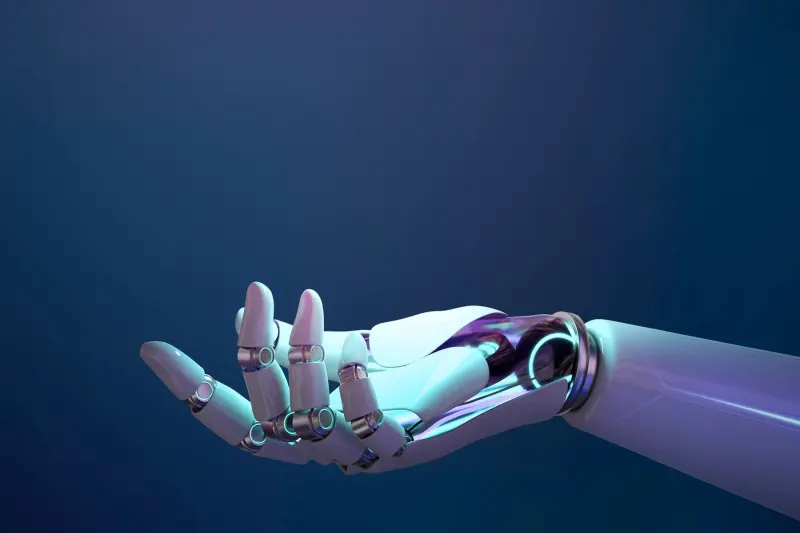
The Role of Artificial Intelligence in Sustainable Development
Artificial Intelligence (AI) is revolutionizing nearly every industry, from healthcare to transportation. However, one of the most profound and promising applications of AI is in the field of sustainable development. As the world faces pressing challenges such as climate change, resource depletion, and environmental degradation, AI is emerging as a powerful tool that can accelerate progress toward a more sustainable future.
One of the most significant ways AI contributes to sustainability is through optimizing resource management. In sectors like agriculture, AI-driven systems can analyze vast amounts of data from sensors and satellites to improve crop yields while minimizing water usage and pesticide application. This allows farmers to make data-driven decisions that increase productivity without depleting natural resources. AI-powered precision agriculture technologies are transforming how food is produced, making it more efficient, environmentally friendly, and less wasteful.
In the energy sector, AI is playing a crucial role in enhancing the efficiency of renewable energy sources. By predicting patterns in energy consumption and weather, AI can optimize the integration of solar, wind, and hydroelectric power into the grid. AI also helps monitor and manage energy usage in real-time, reducing waste and improving efficiency. Additionally, AI-driven smart grids allow for more effective distribution and storage of energy, further enabling the widespread adoption of clean energy technologies.
AI also has the potential to play a key role in reducing waste and promoting a circular economy. In industries such as manufacturing and logistics, AI algorithms can track and optimize supply chains, helping to reduce excess production and overstocking, which leads to waste. By improving recycling processes and enabling more efficient reuse of materials, AI helps close the loop in product life cycles, leading to less landfill waste and reduced demand for raw materials.
Moreover, AI can assist in climate change modeling, providing more accurate predictions and insights into future environmental changes. AI-powered simulations and algorithms can process complex climate data, allowing scientists and policymakers to better understand the impacts of climate change and implement more effective strategies to mitigate its effects. This is particularly important in disaster management, where AI can analyze weather patterns to predict and respond to natural disasters like floods, wildfires, and hurricanes.
In addition to its practical applications, AI also plays a role in raising awareness about sustainability issues. AI-driven platforms can aggregate and analyze data on sustainability practices, helping organizations and individuals track their environmental footprint and identify areas for improvement. AI tools can also provide educational resources and insights to help people make more sustainable choices in their daily lives.
Despite its vast potential, the use of AI in sustainable development is not without challenges. Ethical considerations, privacy concerns, and the need for inclusivity in AI development are all critical factors that must be addressed to ensure that AI contributes positively to sustainability. Moreover, AI systems themselves require energy and resources, and it is important to balance their environmental impact with the benefits they bring.
In conclusion, AI is emerging as a transformative force in the pursuit of sustainable development. From optimizing resource use to enhancing renewable energy integration, AI holds the potential to drive major progress in addressing global sustainability challenges. As technology continues to evolve, AI's role in building a sustainable future will only grow, offering new solutions to some of the most pressing issues facing our planet.
Subscribe